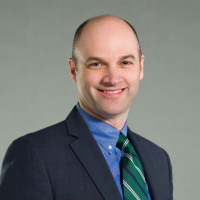Michael Vercio
Weaving Digital Threads Through Courseware and Training Devices
As the pace of technology continues to accelerate, aviation educators are in constant view of new learning platforms that promote training architecture and safety. From mobile training applications to Full Flight Level-D simulators, it’s well known that the training landscape is quickly changing – a landscape that forces educators to quickly evaluate technology advances against individual student learning capability.
Yet, learning platform discernment requires a holistic perspective of the ever-changing technological landscape. Educators know that the “one-size-fits-all” training model can inhibit individual student learning. Flexible and efficient training platforms are necessary to meet pilot demands over the next 10 years.
Through the recent partnership with Frasca International, FlightSafety is expanding its tailored approach of integrating an expanded range of technologies and combining them with an enhanced Learning Management System (LMS). From remote learning to mixed/virtual reality training devices, FlightSafety and Frasca are offering learning centers and universities an expanded set of technologies that promote safety and provide students with the life cycle of training devices needed to support their careers.
FlightSafety’s Artificial Intelligence (AI) is rapidly growing and is a key driver to providing students with safety-targeted and cost-effective training. Digital threads are combining courseware, remote learning, virtual and mixed reality devices, and lower level Flight Training Devices (FTDs) in a way that tailor to students’ needs and provide communication and cognitive loading feedback necessary to maximize proficiency.


